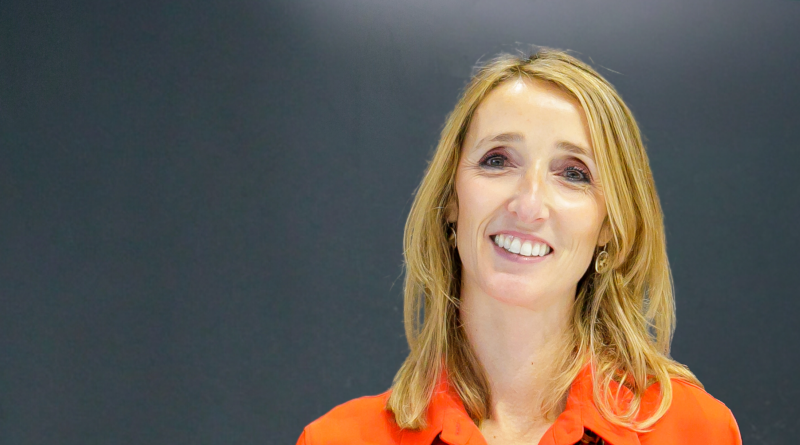Global Plastics Treaty negotiations – focus on the value of plastic waste as a circular feedstock
In the pursuit of concluding the Global Plastics Treaty negotiations successfully and on time, a collaborative call to action, by Virginia Janssens, Managing Director of Plastics Europe, is made to industry stakeholders and governments alike, urging a concerted effort towards identifying common solutions in Ottawa:
“To ensure the Global Plastics Treaty negotiations can be concluded successfully, and on time, we urge everyone, including our industry and Governments, to work more closely together and stay focussed on identifying common solutions in Ottawa.
We believe that transitioning from a linear to a circular plastic system, in which all plastic applications are reused, recycled, and responsibly managed, is key to tackling the problem of plastic waste. And the most effective way to accelerate this transition while maintaining the utility that plastics offer society is for the Treaty to make plastic waste a commodity with real value.
The greater the economic value of plastic waste, the greater the incentive to not litter, landfill or incinerate, but to reuse and recycle instead. This will create a massive additional incentive to increase investment in waste management infrastructure and innovation, and drive growth and employment.
Therefore, we urge negotiators to focus on policy measures that will increase the value of plastic waste as a circular feedstock by increasing demand for circular plastic raw materials, including the introduction of mandatory recycled content targets for sectors that use plastics at the national level.
Policies and measures that increase the value of plastic waste must be supported by sustainable financing mechanisms. EPR (Extended Producer Responsibility) schemes are an example of financial and operational mechanisms that can be an effective tool for managing the end-of-life of products.
Whilst the negotiations should be pursued with urgency and ambition, we must avoid one-size-fits-all and superficially attractive decisions, that will lead to unintended environmental and socio-economic consequences and undermine our ability to effectively implement the Treaty.
Rather than bans and negative lists, which are blunt and counterproductive measures, we urge negotiators to support an application and science-based approach. This would allow us to define and avoid problematic and avoidable plastics applications leaking into the environment, without creating additional environmental damage and unnecessary socio-economic harm.”
175 nations have agreed to develop a legally binding agreement on plastic pollution, also known as the Global Plastics Treaty. The fourth session of the Intergovernmental Negotiating Committee to develop an international legally binding instrument on plastic pollution, including in the marine environment (INC-4), will take place from 23 to 29 April 2024 at the Shaw Center in Ottawa, Canada.

